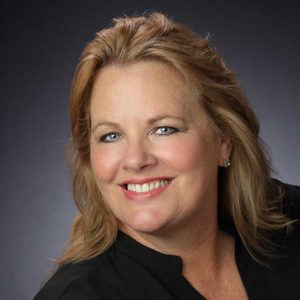If your loan doesn’t include an escrow account, you will have to plan to pay these large expenses yourself. Be sure you budget for these extra costs and stay current on your taxes and insurance payments.
What is an escrow account?
An escrow account, sometimes called an impound account, is set up by your mortgage lender to pay certain property-related expenses.
The money that goes into the account comes from a portion of your monthly mortgage payment. An escrow account helps you pay these expenses because you send money through your lender or servicer every month, instead of having to pay a big bill once or twice a year.
Do you need an escrow account?
Many lenders require that you pay your taxes and insurance using escrow, so they can make sure that the bills get paid. Your mortgage servicer will manage the escrow account and pay these bills on your behalf.
It’s possible to pay for property taxes and insurance yourself instead of using an escrow account. Doing so will lower your monthly mortgage payment, but you’ll have to save for tax and insurance payments on your own.
Sometimes, escrow accounts are a requirement:
- VA loans: In most cases a lender will require an escrow account.
- Conventional loans: You’ll need to have a down payment of 20% or more.
- FHA loans: All borrowers are required to have an escrow account.
Also, your property taxes and insurance premiums can change from year to year. Your escrow payment — and with it, your total monthly payment — will change accordingly.
Important
Even if your lender does not require an escrow account, consider requesting one voluntarily. An escrow account makes it easier to budget for your large property-related bills by paying small amounts with each mortgage payment. That way you don’t have to scramble to pay a large property tax bill or insurance premium when it comes due.
What happens if you don’t pay your taxes or insurance?
If you fail to pay your property taxes or homeowners insurance, your lender may:
- Add the amounts to your loan balance.
- Add an escrow account to your loan.
- Purchase new homeowners insurance for you and bill you for it. This lender-purchased insurance, known as force-placed insurance, is typically more expensive than homeowners insurance you pay on your own.

